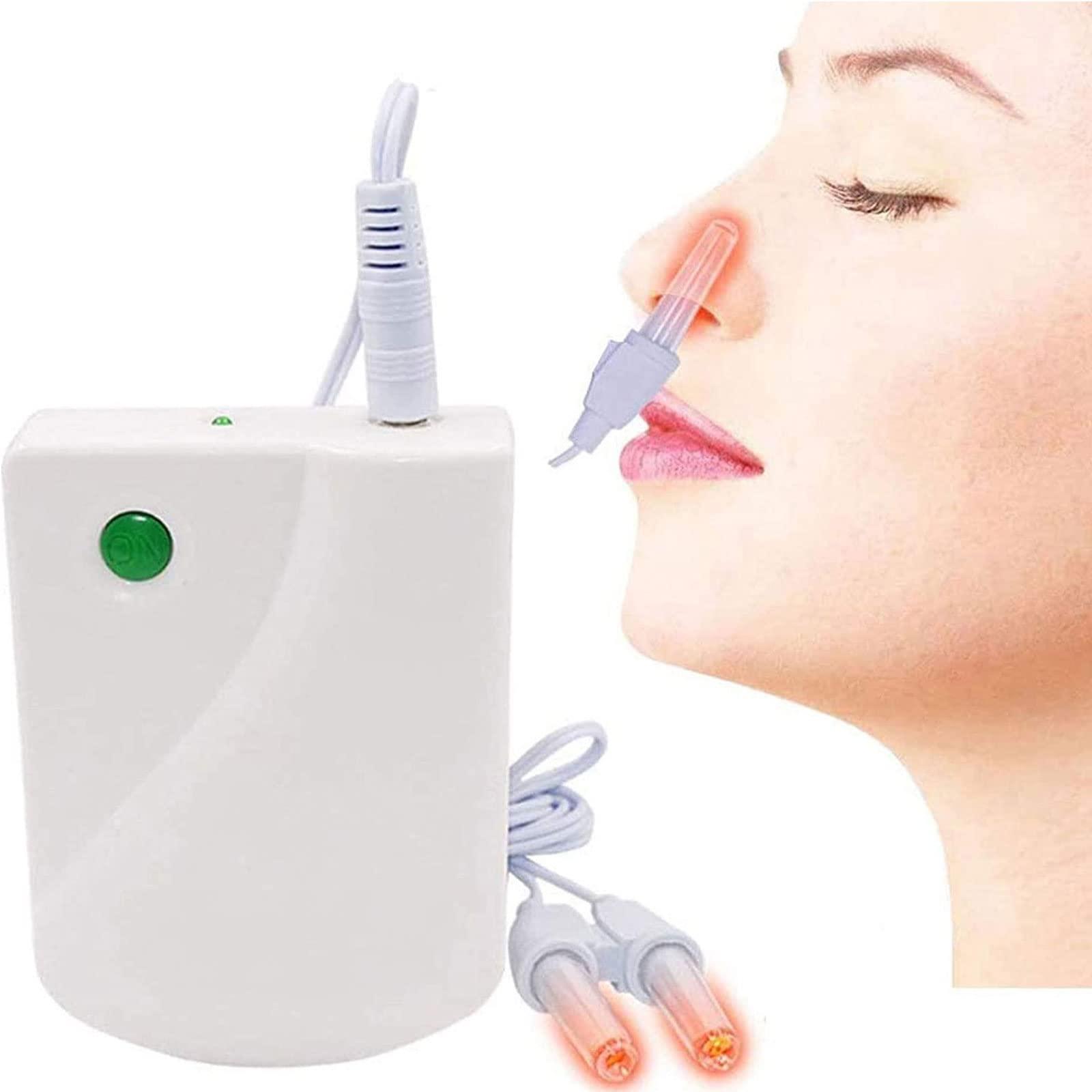Allergic Rhinitis Treatment: Managing Hay Fever Symptoms Effectively
Allergic rhinitis, commonly known as hay fever, is a very common health condition caused by an allergic reaction to certain airborne allergens like pollen, mold spores, dust mites, and animal dander. According to experts, at least 15-20% of the global population suffers from allergic rhinitis. While it is a non-life-threatening condition, hay fever can significantly impact quality of life if left untreated. Here is an overview of various allergic rhinitis treatment options that can help provide effective relief from symptoms.
Medications for Hay Fever
There are several medications available that can help reduce or relieve symptoms of hay fever when taken as prescribed.
Antihistamines
Oral antihistamines are one of the most common and effective medications used for allergic rhinitis treatment. They work by blocking the action of histamine, the chemical released during an allergic reaction that causes symptoms. Both prescription and over-the-counter antihistamines are available. Newer non-sedating antihistamines have largely replaced older sedating formulas due to fewer side effects.
Decongestants
Oral or nasal decongestant sprays and drops can provide quick relief from blocked nasal passages. However, decongestants are not meant for long-term daily use due to rebound congestion risk with prolonged topical use. They are generally taken short-term along with a non-sedating antihistamine for hay fever relief.
Nasal Corticosteroids
Nasal corticosteroid sprays are very effective for reducing inflammation in the nasal passages. They help prevent symptoms rather than just treating them after they occur. Regular use is needed for maximum benefit. Side effects are generally minimal with short-term use of nasal corticosteroids.
Alternative Therapies
For those seeking natural or alternative therapies, there are a few options available that may help provide relief from hay fever symptoms when used along with conventional medications:
Neti Pots
Using a neti pot allows saline washes of the nasal cavity, helping flush out pollen and allergens stuck in the nose. This can help dry up runny nose. Studies show neti pots can improve sinus symptoms when used regularly.
Essential Oils
Patients have found inhaling certain essential oils like tea tree oil and eucalyptus oil provides temporary relief from stuffy or runny nose. However, more research is still needed on the efficacy and safety of essential oils for hay fever treatment.
Herbal Supplements
Traditional Chinese or ayurvedic herbal supplements containing herbs like butterbur, quercetin and bastee may offer relief from hay fever symptoms for some individuals. Clinical evidence is limited for their long-term use, though short-term supplementation along with conventional medications is considered relatively safe by experts.
Lifestyle Changes for Better Management
Making certain lifestyle adjustments may also help better control hay fever symptoms and reduce reliance on medications in the long run:
Avoid Triggers
The best way is to stay indoors on high pollen count days and avoid going outside during the peak pollination seasons for the allergens causing issues.
Use Air Purifiers
Using portable high-efficiency particulate air (HEPA) filters or purifiers indoors can trap and filter out allergens floating in the air at home and workspaces.
Shower After Being Outdoors
Showering helps wash away any lingering pollen from the body before bedtime to avoid further exposure at night.
Wear Sunglasses Outdoors
Wearing wraparound sunglasses help prevent pollen from coming in contact with the eyes when outdoors.
Keep Home Clean and Dry
Regular cleaning and dusting helps remove dust mites and allergens from home spaces. Using a dehumidifier or avoiding drying laundry outdoors also helps control molds.
Proper allergic rhinitis treatment involves finding a combination of medications, alternative therapies and lifestyle adjustments tailored to the individual based on their triggers and severity of symptoms. By optimizing treatment plans in consultation with a medical expert, hay fever sufferers can gain considerably better control over their condition.
With the variety of highly-effective treatment options now available, there is no need for anyone to endure the discomfort of hay fever unnecessarily. Following medical advice is key to properly manage symptoms and achieve relief especially during peak pollen seasons. With the right treatment regimen, people with allergic rhinitis can prevent symptoms from disrupting their daily lives.
Get more insights on this topic :



